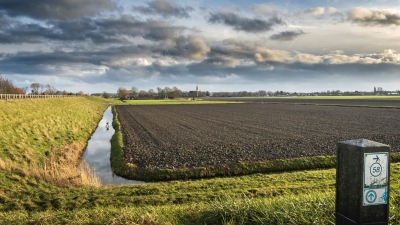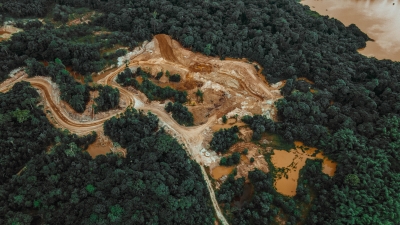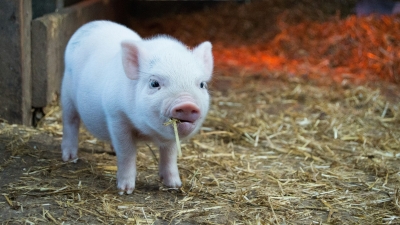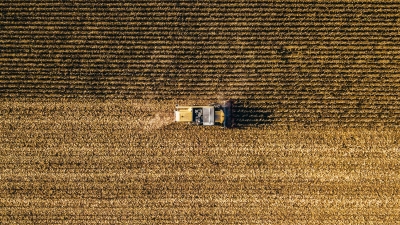De toekomst van ons eten
Farmers, factories, transportation, supermarkets: our current food system is a complex network of globally connected actors. How did we get from locally produced food to the system we currently have?
Food security
To answer this question, sustainability scientist Dr Brian Dermody takes us back thousands of years. In the Roman Empire leaders knew that bad weather could cause grain shortages. To prevent violent uprisings due to food shortages, they devised a way to keep grain supplies stable and citizens quiet: they created a network of trade routes, to transport grain throughout the empire.
The idea was that cities connected to multiple trade routes were less susceptible to food shortages - if it wasn't available in one place, they could simply have it delivered through another. "Connectivity facilitated by trade is really important for food security and climate variability to provide for society," Dermody explains. The first food network was born, and since then, we’ve been constantly expanding it.
The butterfly effect
2,000 years later, connectivity is still crucial to food security. But the complexity of our current system has its downsides. Take the war in Ukraine, for example. High gas prices have made fertilizer, indispensable in agriculture, almost unaffordable. As a result, the costs of producing the same number of crops are getting higher, which ultimately leads to higher consumer prices. In other words, a seemingly local event, such as the war in Ukraine, can have major consequences all around the world, a phenomenon also known as the butterfly effect.
The implications of the connectivity of our food system also becomes painfully clear in the story of the avocado. It’s a fruit that has become extremely popular in Europe and the United States in recent years. The increasing demand makes it a lucrative crop for farmers in Chile to grow. But the consequences for the land are devastating. Avocado trees thrive best in warm climates like Chile, but they need a lot of water. The irrigation systems farmers use pump up water from underground faster than it can be replenished by rainfall. As a result, the high demand for avocados dries out Chilean soil.
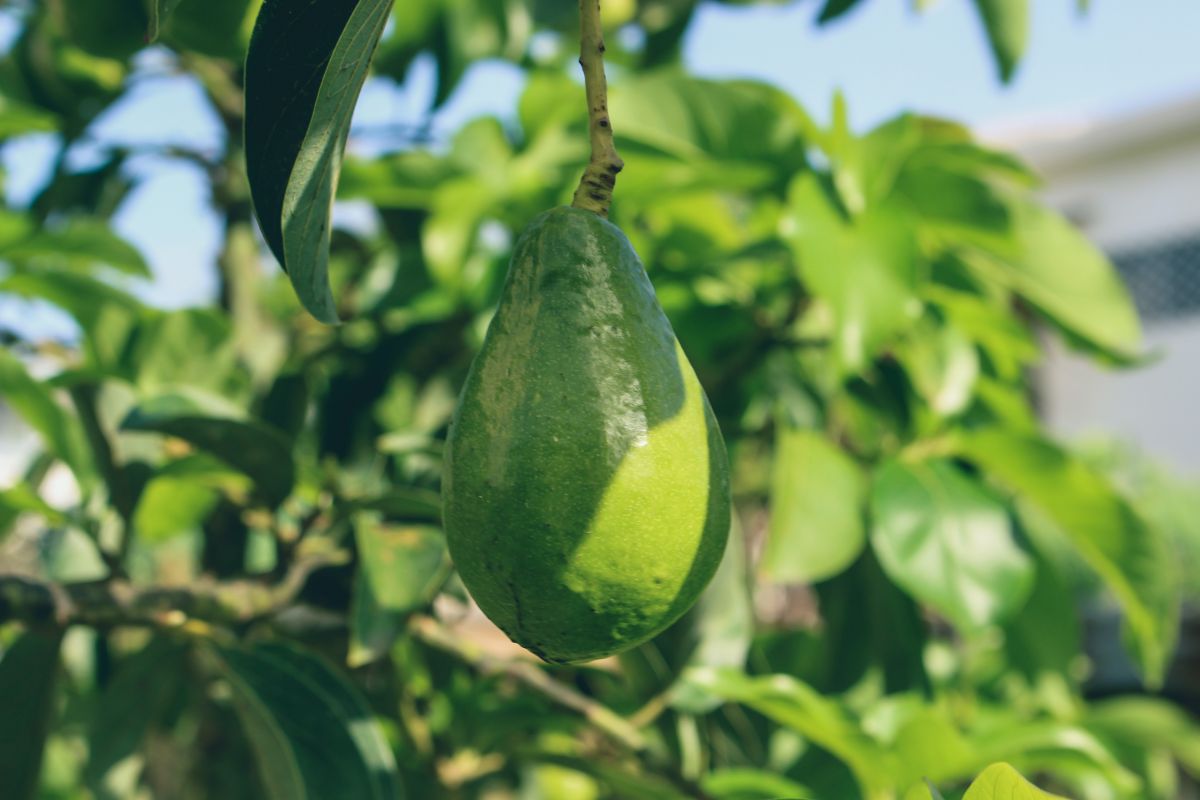
Our demand for food from far away and the way we have set up the system are depleting our planet. This possible consequence was already noted by Tertullian around 200 A.D. when the earliest food networks emerged, Dermody says. Tertullian wrote: "All places are now accessible, well-known, open to commerce. Cultivated fields have overcome woods… We overcrowd the world. The elements can hardly support us. Our wants increase and our demands are keener, while Nature cannot support us.”
Localizing food
What levers can we pull to bring about a system change? Some argue that the solution is simple: localize food production. Dermody agrees that localizing food is a solution to some extent. For example, transportation will take much less energy. In addition, negative impacts on people and the environment can be identified more quickly. "For example, if a farmer dumps toxins in the river, at least you would know about it because it's happening on your doorstep," Dermody explains.
But it's a double-edged sword: one season with a bad harvest can cause a big problem if you're completely dependent on local supplies. Just like the Romans figured out. We need to be part of a food system, the challenge is to find the right balance between what we get from elsewhere and what we can grow nearby, while respecting people and the environment. What this balance exactly looks like Dermody cannot tell us. But complexity science can help recognize the most connected and hence powerful links in the system as potential levers for the transition to a more sustainable and just system.
Furthermore, what is needed to arrive at a solution is to think differently about our food system: "We have to realize that it is so much more than giving people enough to eat," Dermody emphasizes. Farmers, for example, need to be able to farm in a way they find meaningful, with dignity and a fair income. "Our food system is a deep part of society and culture, and reducing it to whether it can provide sufficiently, is paying it a big disservice."



